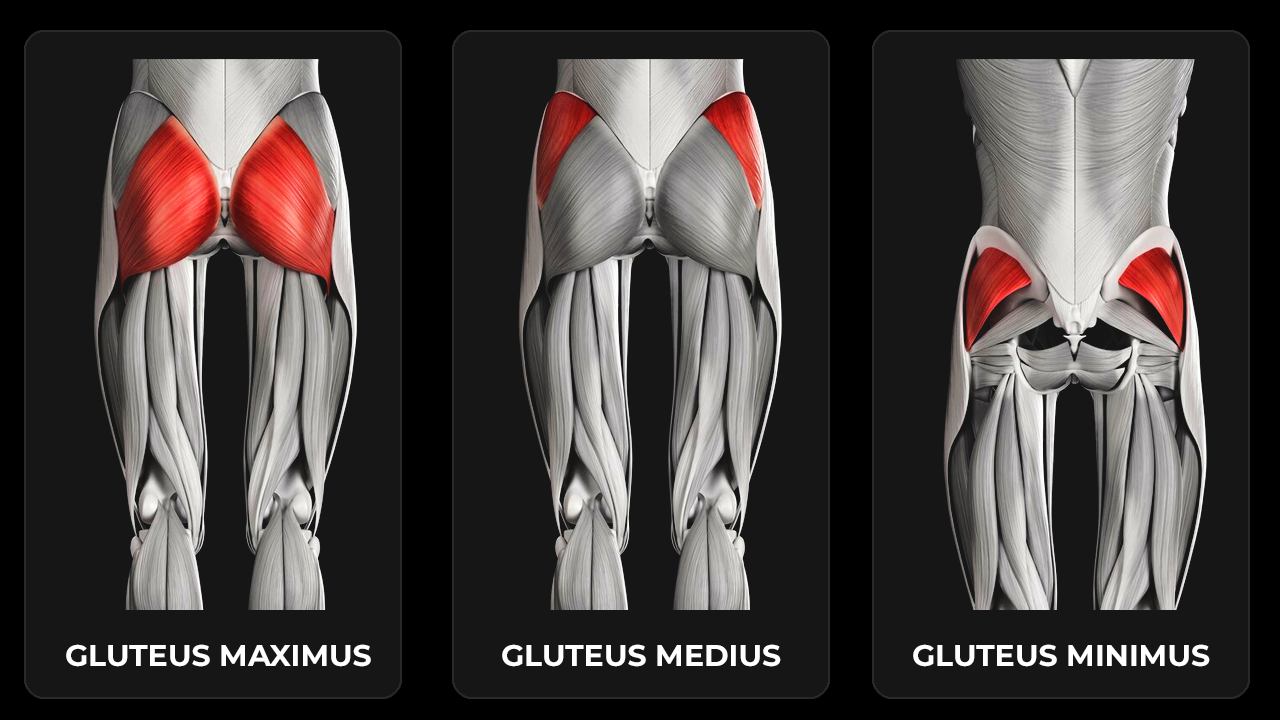In today’s world, therapy centers stand as pillars of support, offering invaluable resources to individuals seeking assistance with various emotional, psychological, and behavioral challenges.
These centers provide a diverse array of therapeutic services, each tailored to address the unique needs of their clients. Let’s delve into the world of therapy centers, exploring the types of services they offer, the benefits they provide, and the crucial role they play in promoting mental well-being.
Table of Contents
ToggleTypes of Therapy Centers:
- Community Mental Health Centers: These centers serve as lifelines within communities, offering accessible mental health services to individuals regardless of their financial circumstances. Their services often encompass therapy, psychiatric evaluations, medication management, and case management, aiming to support individuals through their mental health journeys.
- Private Practice Clinics: Run by licensed mental health professionals, private therapy centers provide personalized counseling sessions tailored to individual, couples, family, or group needs. Specializations may include trauma therapy, addiction counseling, or child and adolescent therapy, offering clients a specialized approach to their mental health care.
- Inpatient and Outpatient Treatment Facilities: Inpatient centers provide intensive 24-hour care for individuals with severe mental health or addiction issues, offering a safe environment for stabilization and recovery. Outpatient facilities, on the other hand, provide therapy on a part-time basis, allowing clients to receive treatment while maintaining their daily routines and responsibilities.
- Specialized Therapy Centers: These centers focus on specific therapeutic modalities or populations, catering to diverse needs within the community. Examples include art therapy centers, wilderness therapy programs, or LGBTQ+ affirming therapy clinics, which offer alternative or culturally competent forms of therapy to meet the unique needs of their clients.
Services Offered by Therapy Centers:
- Individual Therapy: Personalized counseling sessions provide a safe space for individuals to explore their thoughts, emotions, and experiences with a trained therapist. Through individual therapy, clients develop coping strategies, enhance self-awareness, and work towards personal growth and healing.
- Couples Therapy: Couples therapy sessions offer partners an opportunity to address relationship issues, improve communication skills, and strengthen their bond. Therapists facilitate constructive dialogue and provide tools to navigate conflicts and challenges within the relationship.
- Family Therapy: Family therapy sessions involve multiple family members, allowing them to address underlying issues, improve communication, and strengthen familial bonds. Therapists guide families through difficult conversations and help foster understanding and cohesion within the family unit.
- Group Therapy: Group therapy sessions provide a supportive environment for individuals to connect with others facing similar challenges, share experiences, and learn from one another. Led by a trained therapist, group therapy promotes mutual support, validation, and personal growth.
- Psychiatric Services: Psychiatrists or psychiatric nurse practitioners offer psychiatric evaluations, medication management, and consultation services for individuals with mental health disorders requiring pharmacological intervention. Collaborating with therapists, they provide comprehensive care to address both psychological and biological aspects of mental illness.
- Specialized Therapeutic Interventions: Therapy centers offer a wide range of evidence-based therapeutic modalities tailored to meet the diverse needs of their clients. These may include cognitive-behavioral therapy (CBT), dialectical behavior therapy (DBT), mindfulness-based therapy, art therapy, play therapy, and trauma-informed therapy, among others.
- Support Groups: Therapy centers often host support groups focused on specific issues such as addiction recovery, grief and loss, or anxiety management. These groups provide a supportive and nonjudgmental space for individuals to share their experiences, receive encouragement, and learn coping strategies from peers.
- Teletherapy Services: In response to the growing demand for remote mental health services, many therapy centers now offer teletherapy or online counseling options. Through video conferencing or phone calls, clients can access therapy from the comfort of their own homes, expanding access to mental health care.
Benefits of Therapy Centers:
- Accessible Mental Health Care: Therapy centers provide accessible and affordable mental health services to individuals seeking support, regardless of their financial means or insurance status. By offering sliding-scale fees, pro bono services, or accepting insurance, therapy centers ensure that mental health care remains accessible to all.
- Expert Guidance: Skilled therapists and mental health professionals offer expert guidance, support, and evidence-based interventions to help clients navigate life’s challenges and overcome mental health issues. Through compassionate and nonjudgmental care, therapists empower clients to achieve their therapeutic goals and live fulfilling lives.
- Safe and Supportive Environment: Therapy centers offer a safe and supportive environment where individuals can explore their thoughts, feelings, and concerns without fear of judgment or stigma. Therapists create a confidential space for clients to express themselves openly and work towards healing and growth.
- Personalized Treatment: Therapists collaborate with clients to develop personalized treatment plans tailored to their unique needs, preferences, and goals. By incorporating a variety of therapeutic modalities and techniques, therapists ensure that treatment is effective, meaningful, and tailored to each client’s individual journey.
- Promotion of Emotional Wellness: Therapy centers promote emotional wellness and resilience by teaching clients coping skills, stress management techniques, and strategies for self-care. Through psychoeducation and skill-building exercises, therapists empower clients to develop the tools they need to navigate life’s challenges and thrive.
In conclusion, therapy centers play a vital role in promoting mental health and well-being by offering a wide range of therapeutic services and support to individuals, couples, families, and groups. Through compassionate care, evidence-based interventions, and a commitment to accessibility, therapy centers empower clients to overcome challenges, build resilience, and live fulfilling lives.
Whether seeking support for specific mental health issues, navigating life transitions, or pursuing personal growth and self-discovery, therapy centers serve as invaluable resources for individuals seeking to improve their mental health and well-being.



